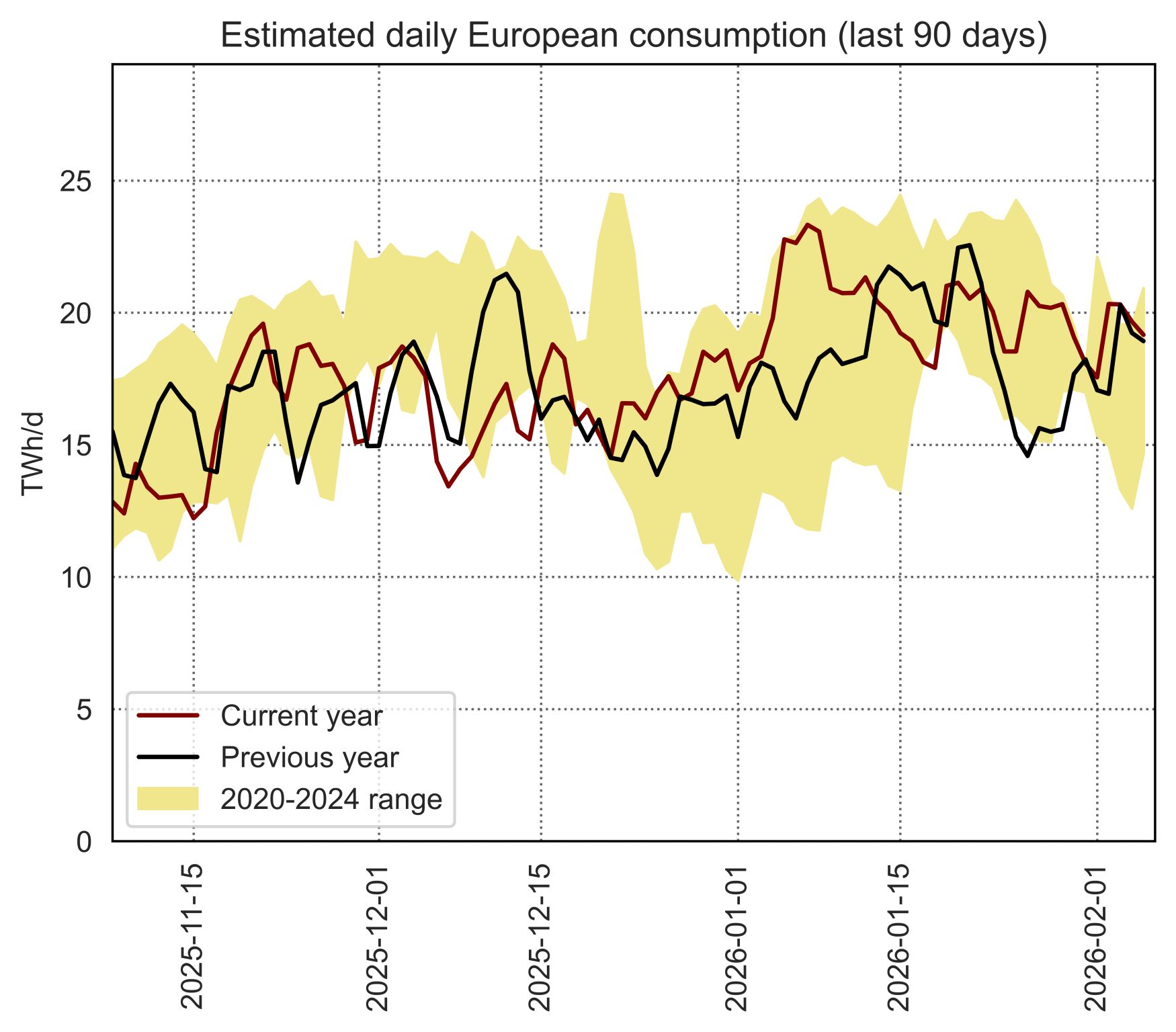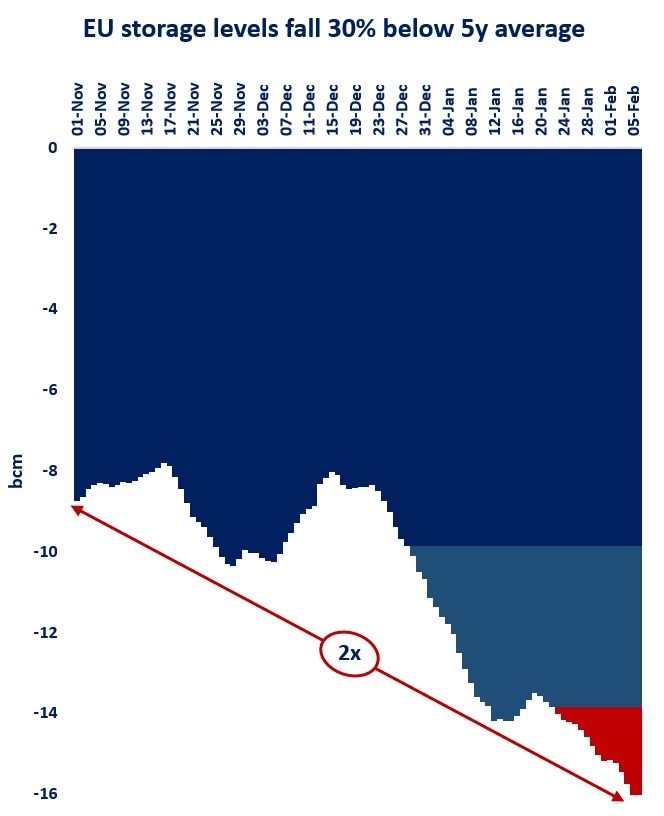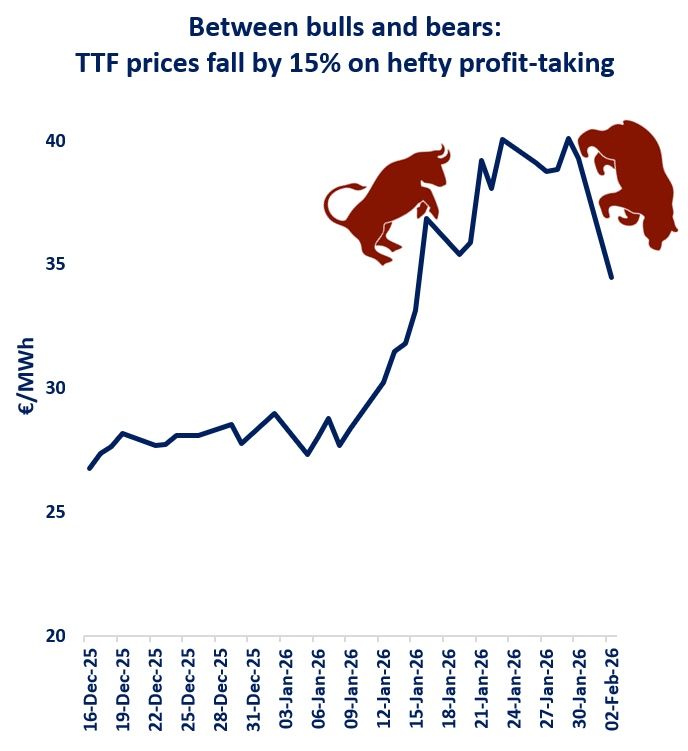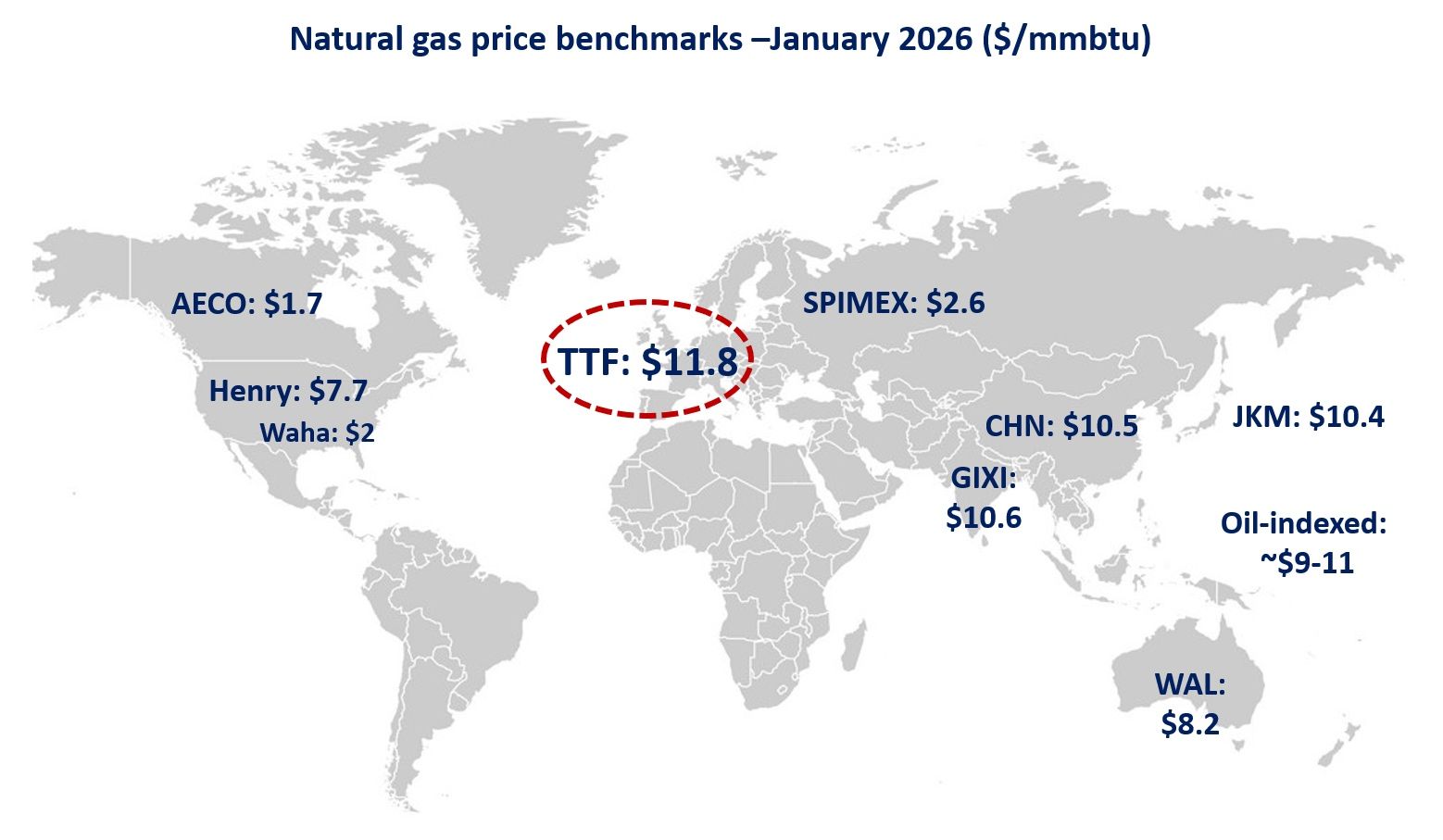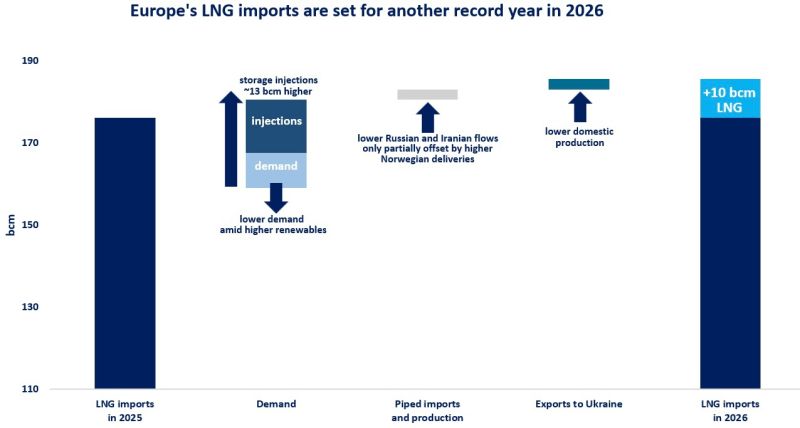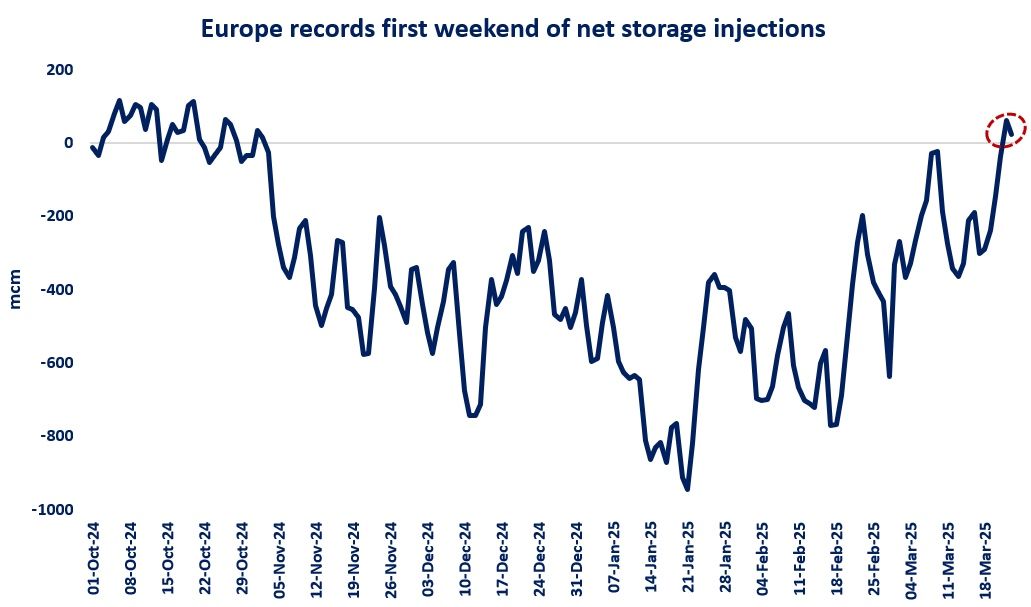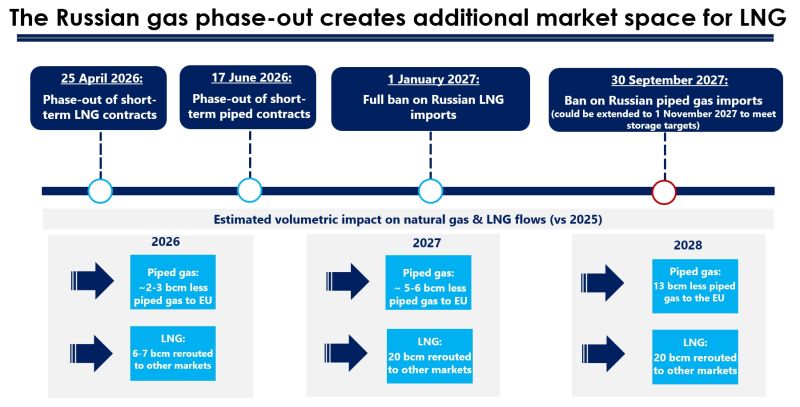

Ukraine will not negotiate any deal with Russia that would extend gas supply to Europe when the current agreements come to an end at the end of 2024, an official with the nation’s gas TSO said on Tuesday.
“Ukraine is not going to have negotiations with Russia on that,” Andrii Prokofiev, head of the division of cooperation with clients at Ukraine’s gas transmission operator, GTSOU, told the Flame conference in Amsterdam.
“That includes any deals” relating to transit or interconnections, he said, adding that “having no interconnection agreement is that we will not offer any capacity in the auctions”.
His comments come after the European Commission said in March that it will not push to renew the Russian-Ukrainian gas transit accord.
Russia’s piped gas exports to Europe have dwindled since the country’s invasion of Ukraine in February 2022, although some transit flows continue via Ukraine through existing contracts.
Russia exported nearly 15bcm to Europe via Ukraine in 2023, which was almost 30% lower than in the previous
year, Ukrainian gas TSO (GTSOU) data showed, with most earmarked for Austria and Slovakia.
The EU has said it wants to get rid of Russian gas by 2027 and is working to provide landlocked EU countries alternative supply routes and suppliers, with Austria and Slovakia being the most exposed.
Fragile balance
However, the Ukraine transit deal is one of the main risks amid a “fragile balance”, said Gregor Pett, a chief commercial officer and analyst with Uniper Energy.
“Although we’ve seen for weeks and months a bearish trend due to weak economics and high storage, it was always clear that it is a fragile balance and can turn at any time,” he said of factors including the Ukrainian transit deal, geopolitical volatility, weather and other lingering supply risks.
“When factors change, the crisis can be back again, and we have to take precautionary measures,” said Pett.
More LNG
Less Ukrainian gas will mean greater LNG demand in 2024, said Iryna Sereda, head of European gas with BloombergNEF.
Less LNG will be required in summer year on year due to record storage. “That already provides a good starting point,” she said.
However, “if there are no flows coming from Ukraine, we’ll need more LNG, so potentially there will be higher” LNG imports in 2024, she said.
Source: Andrés Cala, Montel

